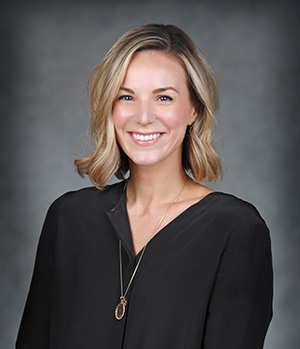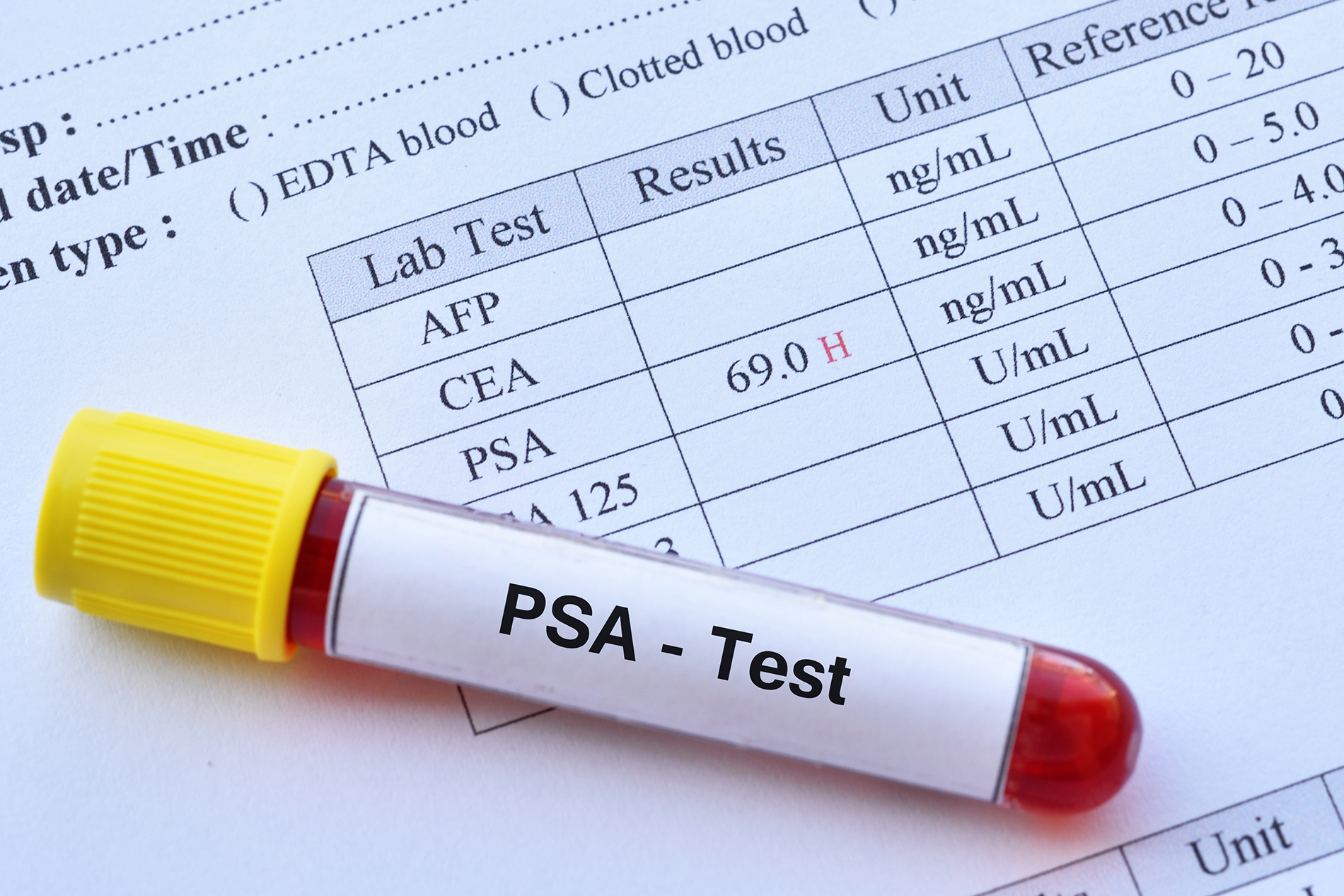Ovarian cancer is rare – about 1.3% of women will be diagnosed in their life – but because it often goes untreated until the disease has advanced, the survival rate is low. That’s why it’s important to know the symptoms and how you can lower your risk of developing it. Margaret C. Papadea, MD, with South Carolina OB/GYN Associates answers some common questions about ovarian cancer.
Q. At what age are women usually diagnosed with ovarian cancer?
The most common age of diagnosis is 63 years of age, and the prevalence overall is decreasing with time. A woman has about a 1 in 70% to 1 in 80% risk of being diagnosed in her lifetime.
Q. What are the symptoms a woman may have?
A common symptom is significant abdominal bloating. You may see the belly start to distend quite rapidly, which is usually indicative of an advanced stage cancer.
Women may also experience shortness of breath or trouble breathing, which can mean the ovarian cancer has spread to the lungs or that they have developed a clot that has traveled to their lung.
Q. What are ways to decrease your risk of ovarian cancer?
Contraceptive use can decrease your risk of developing ovarian cancer. Having a hysterectomy decreases your risk of ovarian cancer. Also, tying your fallopian tube lowers your risk of developing ovarian cancer. So, if you choose not to have children or you're finished having children and you want to tie your tubes, an added benefit is it significantly decreases your risk of ovarian cancer.
Q. Are some women more at risk of getting ovarian cancer than others?
Yes, there is a population of patients who carry genetic mutations that can put them at greater risk of developing ovarian cancer in their life.
Q. What is the BRCA gene?
The BRCA gene, when mutated or abnormal, can increase the risk of both breast cancer and ovarian cancer. It also can increase the risk of gastrointestinal and skin cancer. There is research indicating other an increased risk for other malignancies by the BRCA gene mutation as well.
Q. Why is it important for older women to continue coming to a gynecologist for routine health exams?
Often patients who no longer need pregnancy prevention, are not pregnant or are past the age where they need pap test think they no longer need to see a gynecologist. But the best way to detect problems early is to see a gynecologist who is trained perform a thorough pelvic exam. This allows ovarian cancer to be detected earlier, before it's advanced.

Margaret C. Papadea, MD, FACOG, South Carolina OB/GYN Associates







![ScreenShot for Blog[62] Steve and Mamie Turner on the beach with their dog](https://blog.lexmed.com/images/librariesprovider80/blog-post-featured-images/screenshot-for-blog-62.jpg?sfvrsn=36ab6f0a_0)


Leave a comment